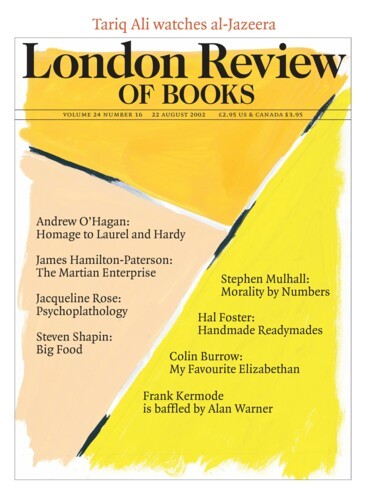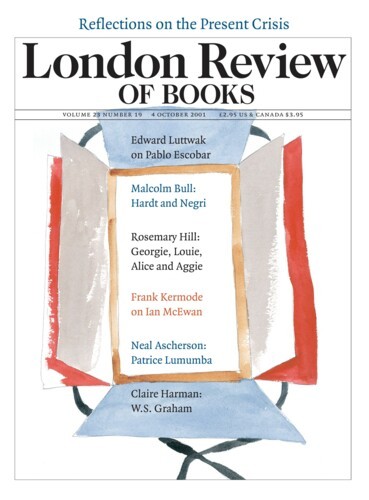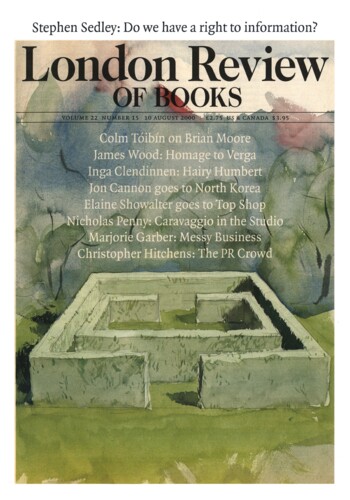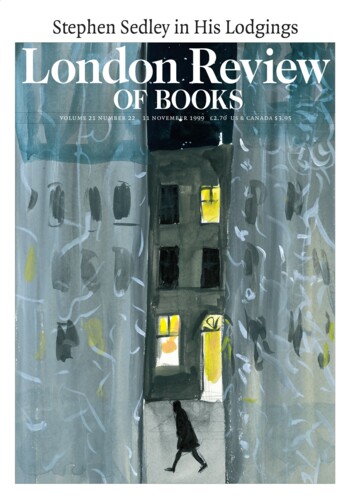Never Knowingly Naked: 17th-century bodies
David Wootton, 15 April 2004
“One woman described being assaulted three times by Thomas Hellyer. On three successive Sundays he had forced her onto a bed, pulled up her clothes, and sought to have carnal knowledge of her for between half an hour and an hour. She denied that he had succeeded for all their prolonged and repeated wrestling: the purpose of her testimony was to corroborate the claims of another servant whom he had made pregnant. In this context, denying he had succeeded preserved her own honour, while insisting he had lifted her clothes proved him to be capable of fornication.”





